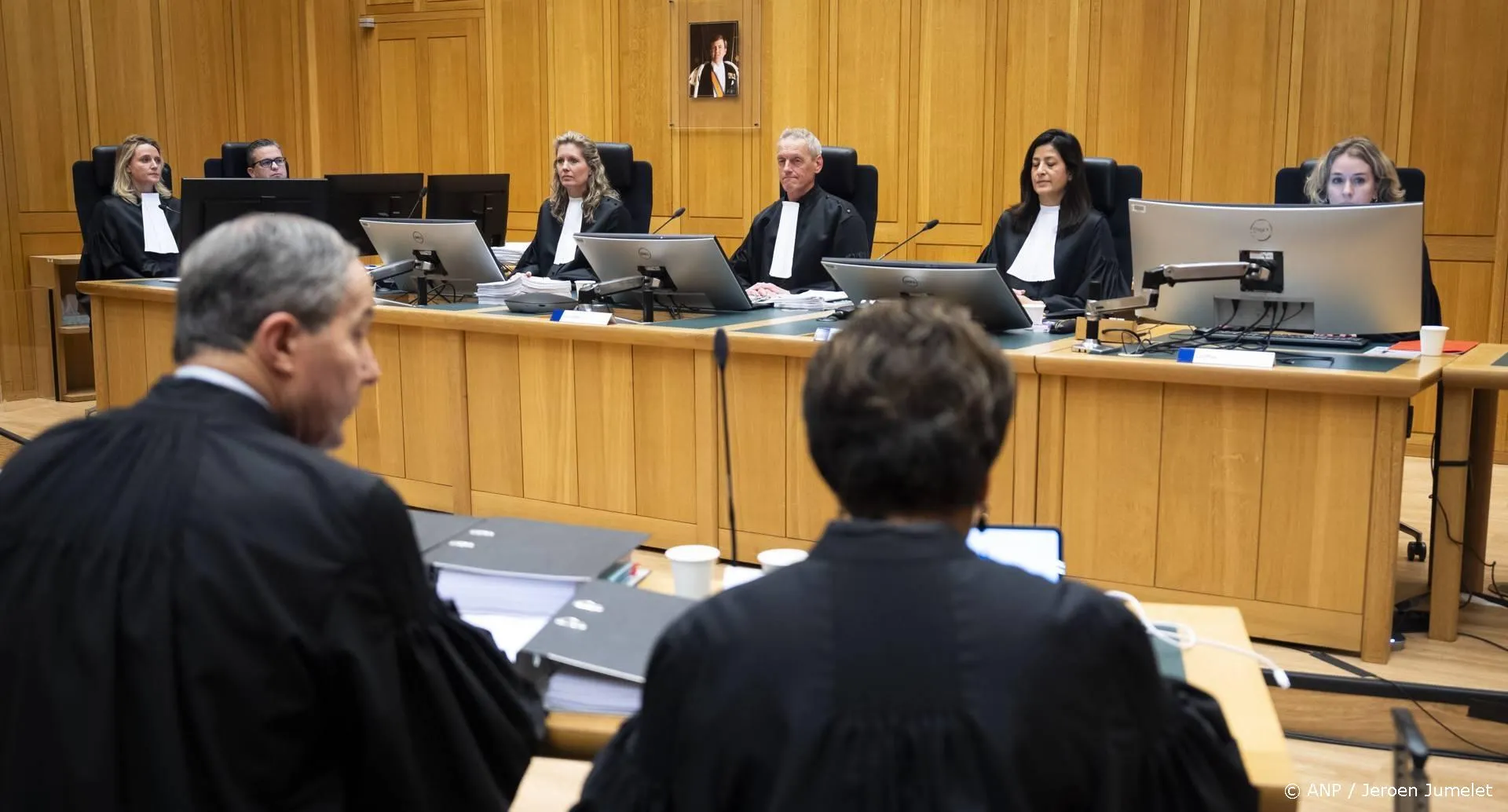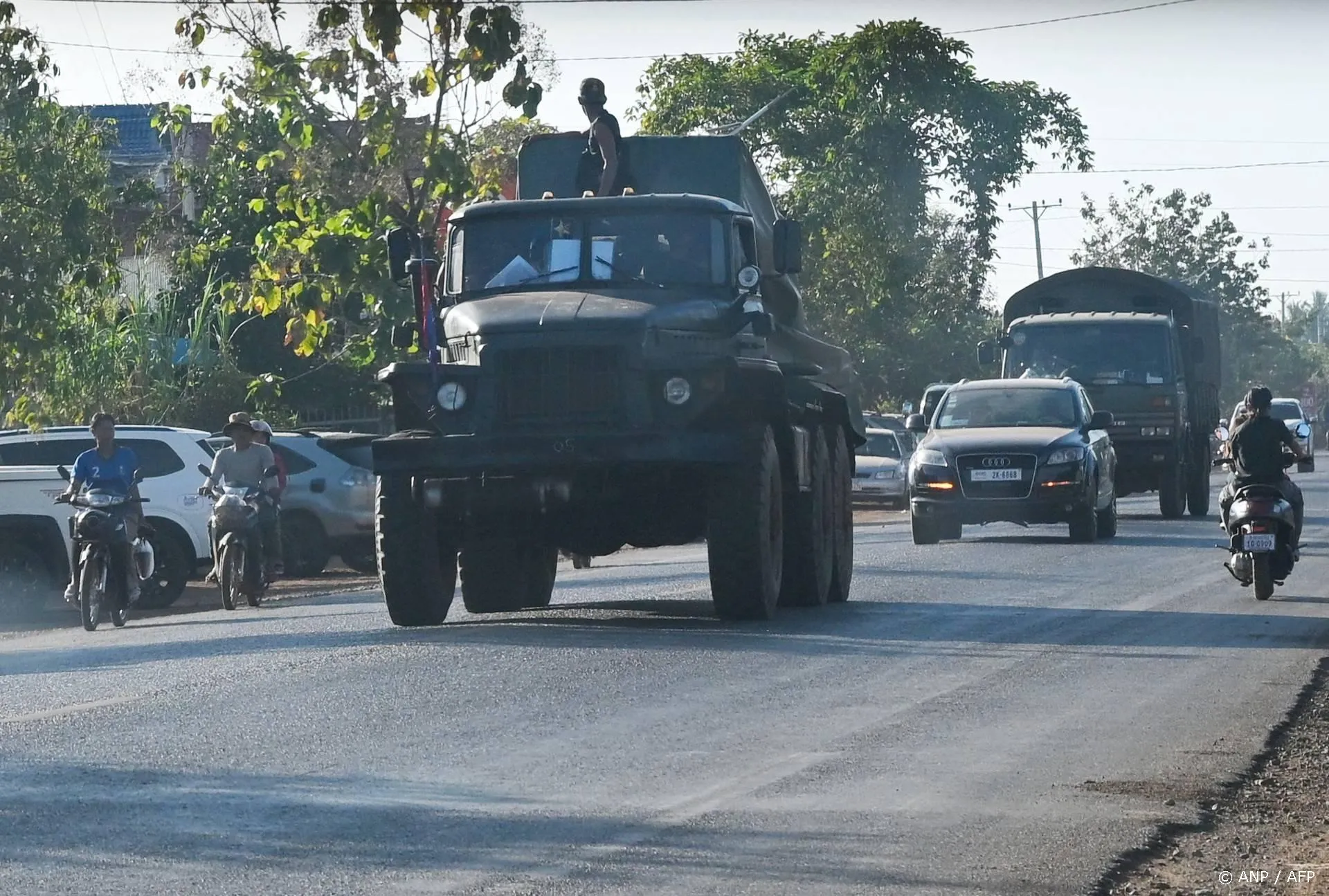Golf van studies verwacht kleine ijstijd
Toch een nieuw Dalton Minimum?
Mijn trouwe lezers zullen zich herinneren dat ik er vele malen voor heb gepleit een open oog te houden voor andere hypothesen dan AGW ('Anthropogenic Global Warming'). Eén daarvan is de mogelijkheid van toekomstige afkoeling door verminderde activiteit van de zon. Zo heb ik bijvoorbeeld in de loop der tijd aandacht geschonken aan het onderzoek van Kees de Jager, Bas van Geel, Habibullo Abdussamatov en Henrik Svensmark.
In een discussie met Bart Strengers van het Planbureau van de Leefomgeving (PBL), die wij op verzoek van de NOS hebben gevoerd en die later is uitgekomen als een heuse officiële brochure van het PBL, heb ik zelfs gewed dat het in de toekomst zou afkoelen in plaats van opwarmen. In ben eigenlijk niet zo'n voorstander van dit soort weddenschappen, want wetenschappelijk stellen ze niets voor. Maar ik heb me laten vermurwen door Bart Strengers, die dat een leuk idee vond. En dat is het natuurlijk ook wel, omdat het een speelse manier is om de discussie op scherp te zetten.
Op verzoek van Sargasso heb ik mij zelfs laten overhalen om daarover een discussie te openen op hun website, waarbij ik veel onaangenaams van proAGWbloggers over mij heen kreeg.
Het deed mij daarom extra genoegen te vernemen dat een toenemend aantal astrofysici toekomstige afkoeling voor waarschijnlijk houden.
Er bestaat een diepe kloof tussen astrofysici en klimatologen. Zij communiceren niet of nauwelijks met elkaar. Zo komt het dat wat in de 'peerreviewed' astronomische literatuur wordt gepubliceerd in toenemende mate divergeert met dat wat men in de 'peerreviewed' klimatologische literatuur kan lezen. Opvattingen die in de astrofysische literatuur serieus worden genomen, worden door het VNklimaatpanel (IPCC) genegeerd en als irrelevant terzijde geschoven, omdat zij strijdig zijn met het AGWparadigma.
Onder de titel, 'Flurry Of Scientists, Recent Peer-Reviewed Papers, Warning Of Approaching Little Ice Age', schonk Pierre Gosselin onlangs op zijn Engelstalige blog aandacht aan een Duitstalige 'posting', die eerder was verschenen op de website van 'Die Kalte Sonne' van Sebastian Lüning en Fritz Vahrenholt. Ik pik er een aantal elementen uit.
Theres a lot of excitement flaring up, especially on the alarmist side, because of a possible super El Nino occurring later this year one that could push global temperature to a new modern high.
That of course is entirely possible. However, it isnt going to really matter, and possibly may only be the last death convulsion of planetary warming. Everyone knows that a cooling La Nina follows an El Nino event. Indeed a number of solar physicists are now warning that we may in fact be on our final days of warmth for a number of decades to come.
Geologist Dr. Sebastian Lüning and Prof. Fritz Vahrenholt tell us why in their latest essay.
Will the solar doldrums of the coming decades lead to cooling? A look at the latest scientific publications
By Dr. Sebastian Lüning and Prof. Fritz Vahrenholt
(Translated/edited by NoTricksZone)
(Translated/edited by NoTricksZone)
Seldom has the sun been as strong as we have seen it over the last 5 decades. Is it just a coincidence that the largest warming of the last 500 years occurred during this phase?
Just a few years ago the tide changed when the sun ended its hyperactive phase. Few people had anticipated this, and so it was a surprise for many. ...
And so science commenced to consider and think about what all this could lead to. The latest works on the subject include Qian et al. 2014 (Secular changes in the thermosphere and ionosphere between two quiet Sun periods), Zhao et al. 2014 (Modulation of galactic cosmic rays during the unusual solar minimum between cycles 23 and 24) and McCracken & Beer 2014 (Comparison of the extended solar minimum of 20062009 with the Spoerer, Maunder, and Dalton Grand Minima in solar activity in the past).
After a number of studies it has become clearer: Its only the beginning! It is expected that the sun will continue becoming quieter over the coming decades. This has pretty much become the consensus among solar physicists. The latest studies on the subject come from Roth & Joos 2013, who assume a decline in solar activity to normal levels will occur during the 21st century. Salvador 2013 goes further and anticipates a solar minimum for the coming 30-100 years. .
In the Journal of Geophysical Research a study by Goelzer et al. appeared in December 2013 and also foresees a decline in solar activity.
What climatic consequences could this have? In our book The Neglected Sun we assume that temperatures could be two tenths of a degree lower by 2030 as a result, which would mean warming getting postponed far into the future. Russian scientists foresee an even more dramatic situation, as described in Germanys leading national daily Bild of April 4, 2013 ...
Just a month earlier The Voice of Russia reported:
Planet on the verge of an ice age
Russian scientists are predicting that a little ice age will begin in 2014. They refute the claims of global warming and describe them as a marketing trick. Global warming is indeed happening. The earth has been continuously getting warmer since the second half of the 18th century, the start of the Industrial Revolution. This is why the process gets connected to an anthropogenic impact. Mankind increased CO2 emissions, which caused a greenhouse effect. But Russian scientist Vladimir Baschkin categorically disagrees. He claims that the climatic changes have a cyclic character and are not at all related in any way to human activities. Together with his colleague, Rauf Galiullin, of the Institute for Fundamental Problems of Biology of the Russian Academy of Sciences, he points out that the current warming is merely the continuation of the post Little Ice Age and that, measured on a geological scale, the occurrence of a new ice age is approaching.
Continue reading at Voice of Russia.
Other scientists share this view as well, among them Professor Cliff Ollier of the School of Earth and Environmental Studies at the University of Western Australia ...:
H.S. Ahluwalia of the Department of Physics & Astronomy of the University of New Mexico sees it in similar way, as he describes in an article in the journal of Advances in Space Research in February 2014. Ahluwalia expects a Dalton-type minimum and reminds us that the last minimum of this kind back around 1810 resulted in a cold period.
Of deze wetenschappers het bij het rechte eind hebben, zal nog moeten blijken. Op zijn minst kan echter worden geconcludeerd dat 'de' wetenschap verdeeld is. Dat impliceert dat het huidige klimaatbeleid, dat wereldwijd één miljard dollar per dag (!) kost, geen deugdelijke wetenschappelijke basis heeft en voor het overige ook geen meetbaar effect heeft, zoals de aanhangers van de menselijke boeikashypothese zèlf voor ons hebben uitgerekend. Waar doen we het dan allemaal voor? Schuld en boete?
Voor mijn eerdere DDSbijdragen zie hier.
Ga verder met lezen
Dit vind je misschien ook leuk
Laat mensen jouw mening weten
Lees ook
Loading


